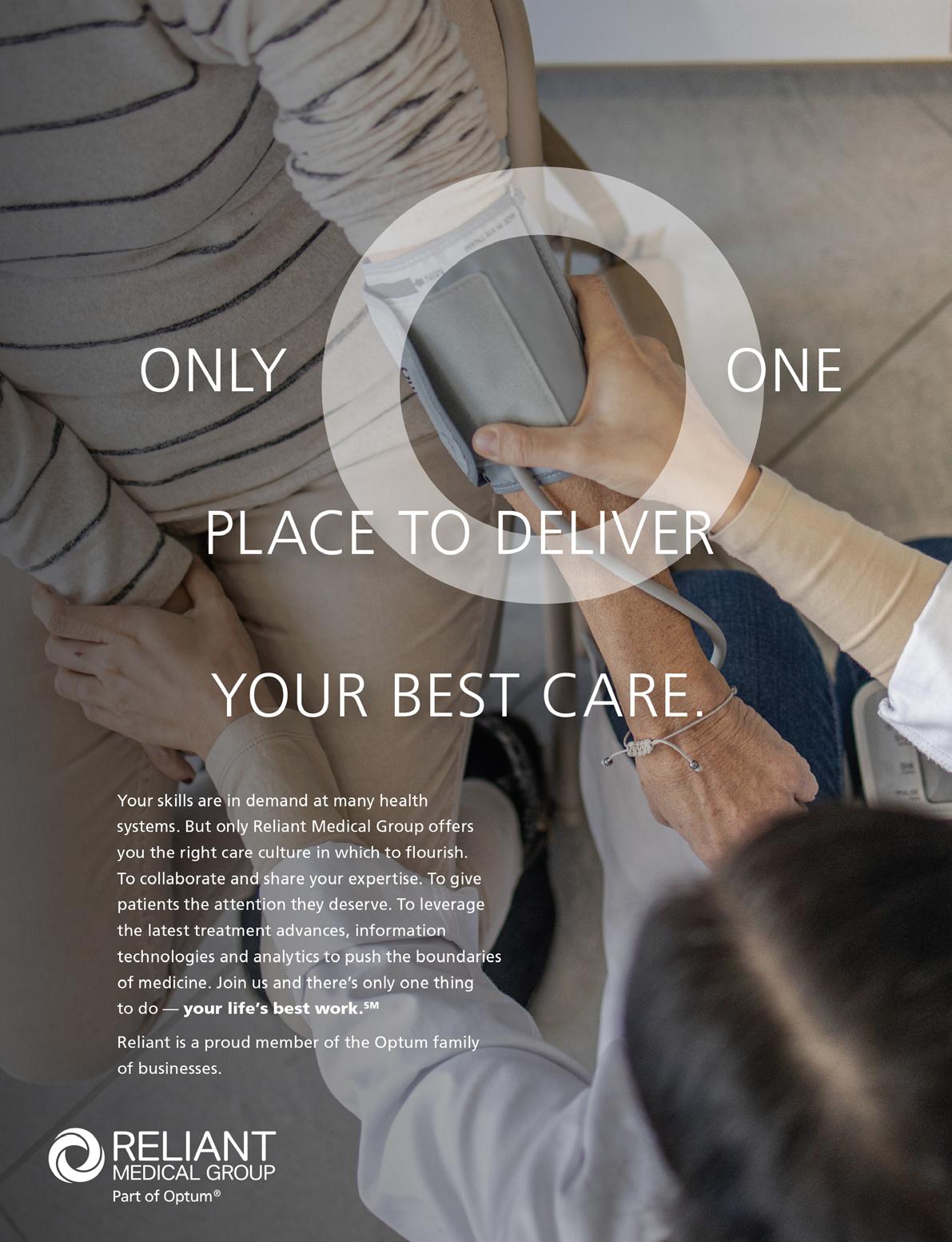
4 minute read
Editorial
In healthcare, our identities often become inseparable from the two letters that follow our names. But like everyone else, we are more than our titles. We carry stories, convictions, doubts, and dreams, many of which rarely make it into our morning rounds or the notes that follow. This issue of Worcester Medicine is special because it invites us to pause and reflect. It reveals a more vulnerable side to our medical community, one that reminds us that even behind the most composed white coat is a human heart.
Many years ago, I was told, "You have a rich inner voice," which was probably a gentle cue to speak up more. But that didn't come easily. As an international medical graduate starting my medical journey in the U.S. back then, I was still absorbing the nuances of culture, the subtleties of vernacular, calibrating the right measure of humor, and acutely aware of all that I didn’t know – awareness that paradoxically held me back. There was much I wished I could say to my patients – words to reassure, comfort, connect – but somehow I couldn’t give these words a voice.
That changed during my second year of residency. The pandemic hit, and I was, fortunately or unfortunately, in the thick of it. I say "fortunately" because it accelerated everything. My clinical judgment, my comfort with confidence, and, most unexpectedly, my voice.
I spent much of the first surge in the ICU, which in hindsight became the most formative experience of my training. The acuity was undeniable but so was the clarity it brought. We triaged PPE. We triaged convalescent plasma. We triaged ventilators. We triaged visitors. We triaged ECMO transfers. And sometimes, we triaged our own exposure to an unfamiliar virus.
But the most delicate triage was that of words.
I remember phone calls with families asking if they should travel to say goodbye – asking me to be the voice of certainty amidst all the uncertainty. I learned how to choose my words with precision, because what I said could shape the hardest decisions someone would ever have to make.
It was a time that felt like war – not in a way that minimizes the reality of combat, but in the sense of shared survival, of duty, of vigilance, and of a certain emotional resilience we had to develop just to keep going. We knew what it took to show up the next day but we all did it for our patients. What truly stood out to me was how we all looked out for each other too, and it was interdisciplinary. You saw it in the eyes that welled up and in the pursed lips that quietly acknowledged them. You also saw it in the nurses’ break room, to which we now had unprecedented access, in the ultimate gesture of solidarity.
This collective experience helped me learn that the heart of medicine isn’t just in knowledge or systems. It is in patient advocacy. It is in recognizing that while policy and protocol provide structure, they should never be the limit

of what we strive to do for our patients. It is in speaking up, even when you don’t yet feel ready to. It is in not losing your humanity when everything around you demands efficiency. The ICU was where I learned that you may not always have the right infrastructure or answers, but if you center the patient, if you lead with heart, you can move the needle. My newfound voice allowed me to advocate for my patients, even as, especially as, a resident.
I would not be the physician I am today if it weren’t for that season of medicine. And now, whenever I feel the pressure of limitation – whether it is time, beds, staffing, or systems – I return to that truth: as long as the heart of medicine is beating, we’re still making a difference.
Parul Sarwal, MDAssociate Medical Director of Hospital Medicine, TeamHealth at St. Vincent Hospital Assistant Professor, Department of Medicine, UMass Chan Medical School











